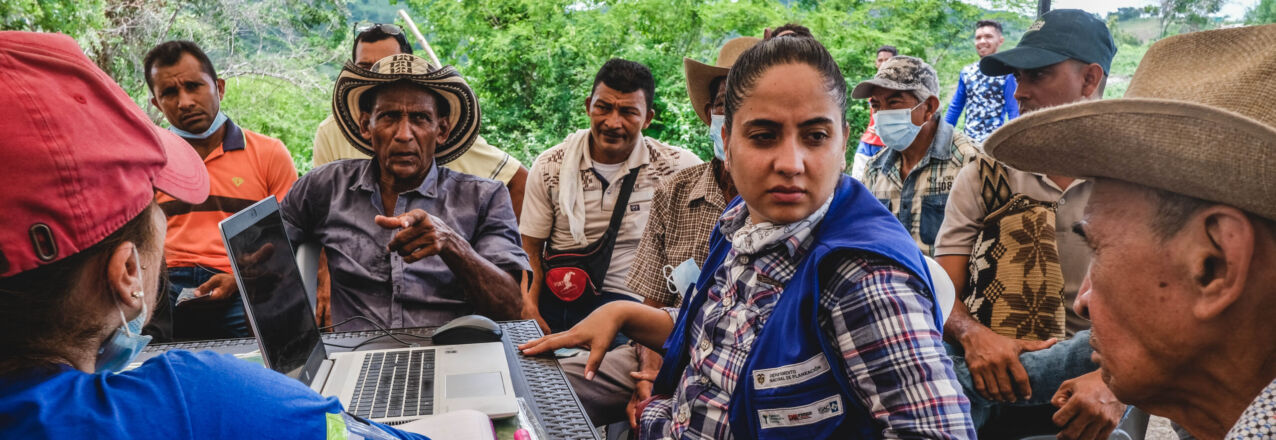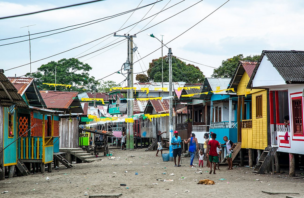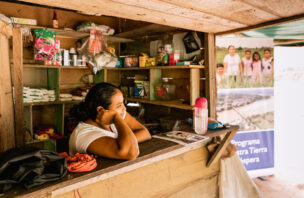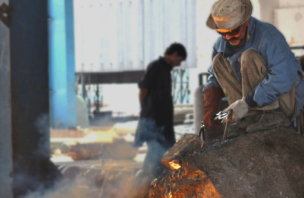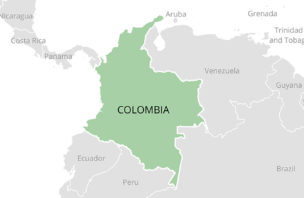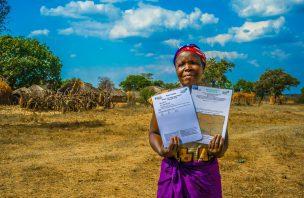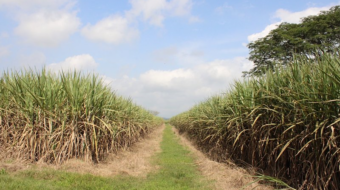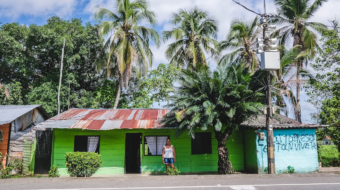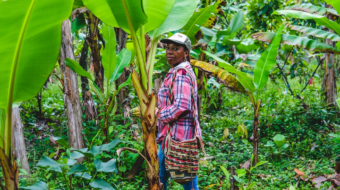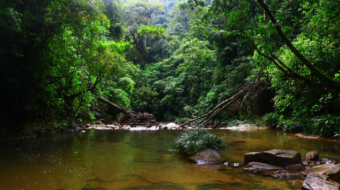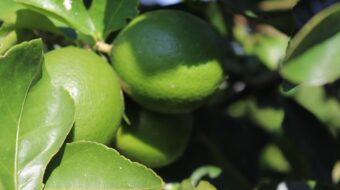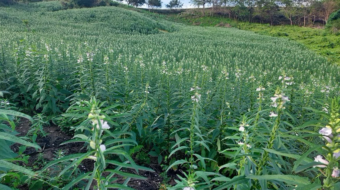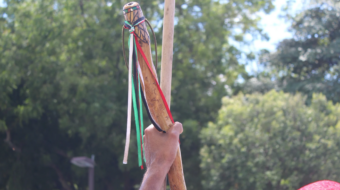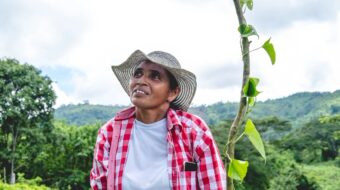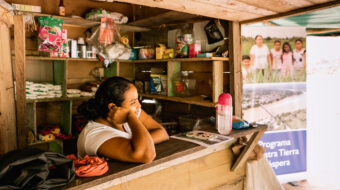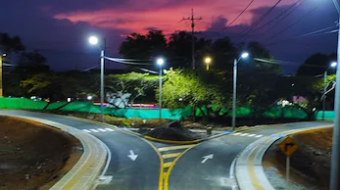The United States Agency for International Development (USAID), through its Land for Prosperity Activity, supports the Government of Colombia (GOC) in improving the conditions of rural households to achieve licit economic development through land tenure strengthening by:

Providing massive access to land titles while supporting land restitution

Strengthening local government capacity for land administration

Integrating citizens to licit socioeconomic opportunities in targeted areas
With a special focus on empowering women, ethnic minorities, youth and other vulnerable groups, Land for Prosperity Activity unlocks the potential of rural citizens across the conflict-affected regions of Southern Tolima, Montes de Maria, Meta, Catatumbo, Tumaco, Northern Cauca, and Bajo Cauca. The program will also focus on environmental and citizen security issues and will provide the GOC with inputs and ideas that have been tried and tested in the field, in order to update public policy based on evidence gathered during implementation.
IMPROVING LIVELIHOODS FOR THE FUTURE
MASSIVE TITLING, MULTIPURPOSE CADASTER, AND LAND RESTITUTION
Clear land tenure and secured property rights in rural areas are vital for rural transformation and development. These territories will only become peaceful, licit economies when the cadaster is updated, and when communities are able to secure formalized land rights, productive assets, and access to the services needed to sustain licit livelihoods.
Building on previous support provided to land policies in Colombia, USAID works with governments, communities, academia, and the private sector, among others, to strengthen their capacity to transition towards a massive-formalization model that provides clear property rights and fosters licit livelihoods and economic opportunities. Simultaneously, USAID supports ongoing land restitution processes that are part of this massive effort.
 STRENGTHENING LOCAL CAPACITY TO MAINTAIN TRANSACTIONS OF LAND FORMAL AND CLEAR
STRENGTHENING LOCAL CAPACITY TO MAINTAIN TRANSACTIONS OF LAND FORMAL AND CLEAR
Making massive land formalization sustainable depends on the GOC and the capacity of local authorities and stakeholders to maintain ongoing formalized land market transactions. Modern, formal land markets depend on transparent and clear property rights, as well as on digitized land information that streamlines land management and governance. Building upon previous achievements in creating the Nodo de Tierras (Land Node), a technological national platform, and Municipal Land Offices within local governments, USAID designs and pilots the tools used to maintain clear land tenure and property rights. It also encourages a culture of formality in land administration, effectively and actively led by local actors and communities. Furthermore, USAID cooperates with national, departmental, and municipal institutions and governments to carefully consider local needs and capacity for establishing or updating sustainable local land information systems that make land administration and processes easier.
STRENGTHENING LAND GOVERNANCE AND ECONOMIC DEVELOPMENT THROUGH STRATEGIC PUBLIC-PRIVATE PARTNERSHIPS
Providing the necessary social and economic conditions along with clear land tenure and property rights is a strategic approach to sustainable shift rural areas into licit economies and mitigate the risk of the expansion of illegal activities into new territories. USAID works to strengthen the capacity of regional governments to mobilize funds in public goods and services through strategic alliances in target territories. These alliances increase competitiveness in value chains and generate business models for rural citizens who are titling their properties and securing land tenure through local and national massive formalization efforts, thus improving income-generating opportunities.

By 2024, USAID will help the GOC advance mass formalization to secure land titles and provide property rights for at least 20.000 parcels in rural areas. Half of these will include women.

By 2024, USAID will strengthen local land administration by creating offices to provide sustainable services in 23 municipalities.

By 2024, USAID will establish 25 public-private partnerships, supported by $170 million of mobilized public and private funds, that will contribute to licit and sustainable livelihoods in selected areas.


